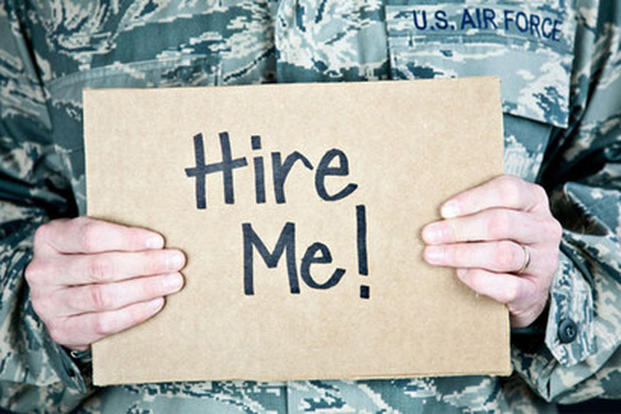Leadership. Integrity. Responsibility. Dedication.
These are key attributes of veterans and service members. As a former service member, I know firsthand that transitioning from service into a civilian job can be challenging. That's why, as the head of Citi's Veteran Recruiting Initiative, I'm proud to collaborate with veterans service organizations and Citi recruiters to educate transitioning service members on critical information for securing a career.
One of the main areas job candidates seek support is regarding the interview. So, here are five lessons I have learned over the years that make a great interview:
Know the Role
Before the interview, study the job description of the position you applied for and know how your skills match the company's needs. When asked why you are the right fit for the position, be sure to illustrate how you can have a positive impact on the team by using terms that imply you are already part of the team, like "us," "we" and "ours." If you do this while displaying your excitement when speaking, it will help reinforce the interviewer's ability to picture you in the role you are interviewing for.
Be Punctual
Arriving on time is key to a positive first impression. If you are late to the interview, the interviewer may be inclined to think that tardiness to the job could be a reoccurring issue. Plan to arrive 5-15 minutes early to ensure you can relax from your commute before the interview starts. When unsure of how to get to the interview location, it is beneficial to do a practice run ahead of time to ensure confidence in the route.
Sell Yourself Through Your Introduction
Greet the interviewer by making eye contact and a firm handshake. Smile, thank them for meeting with you and let them know that you are excited about the opportunity. Leverage your "elevator speech" at this time. Remember, the goal is to have the interviewer picture you in the role you are interviewing for.
Listen Carefully
Interviews are about engagement. The more you interact with your interviewer, the more information can be exchanged. The interviewer will usually say what exactly they are looking for in an employee. Use this information to guide how you and your skills can fill that role. Help the interviewer picture you in the role as part of the team. Be sincere when speaking in terms of the successes you hope to achieve.
Ask Questions
Always be sure to ask the interviewer if they would like clarification regarding anything discussed or if they needed any additional information. Ask about the dynamics of the job, team or workplace. Ask the interviewer what the next steps are in the hiring process and when you should hear back regarding your candidacy for the role.
These small adjustments can take a first impression to the next level, increasing the likelihood of a second interview or job offer.
To learn more about Citi's efforts to support veterans and their families, visit citi.com/citisalutes.
Bruno Pell served in the U.S. Air Force for 22 years and retired from the service in 2011. With more than 18 years of talent acquisition experience in the military and civilian communities, Bruno possesses a unique set of qualifications to lead Citi's Veteran Recruiting Initiative. His primary focus is to assist transitioning military members, veterans and their families with skills preparation and employment readiness as they embark on a new journey in finding civilian career opportunities.
The Next Step: Find the Right Job
Whether you want to polish up your resume, find veteran job fairs in your area, or connect with employers looking to hire veterans, Military.com can help. Sign up for a free Military.com membership to have job postings, guides and advice, and more delivered directly to your inbox.











